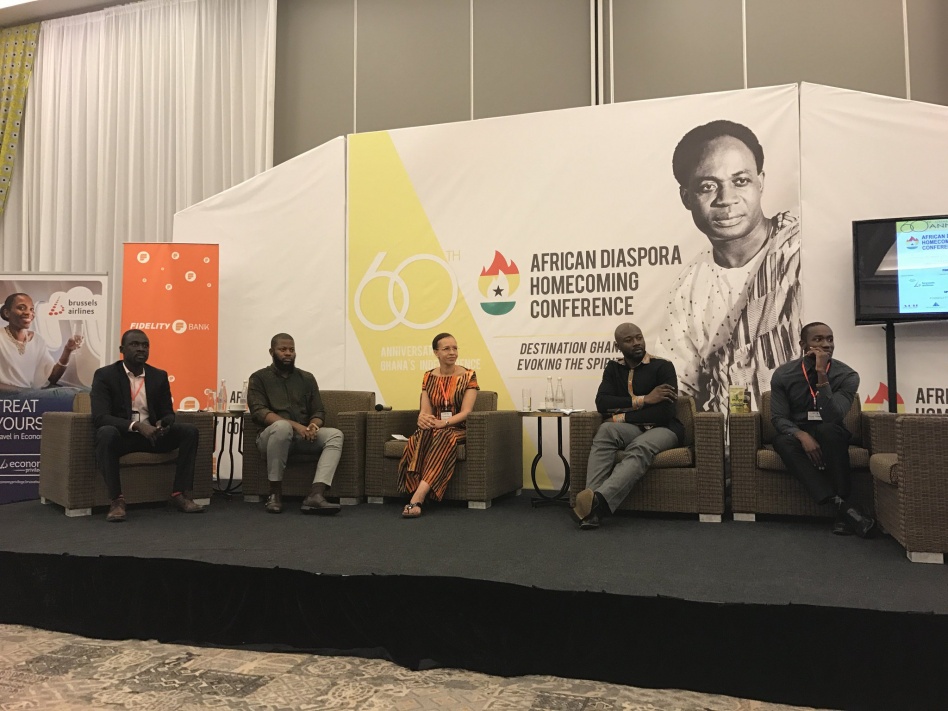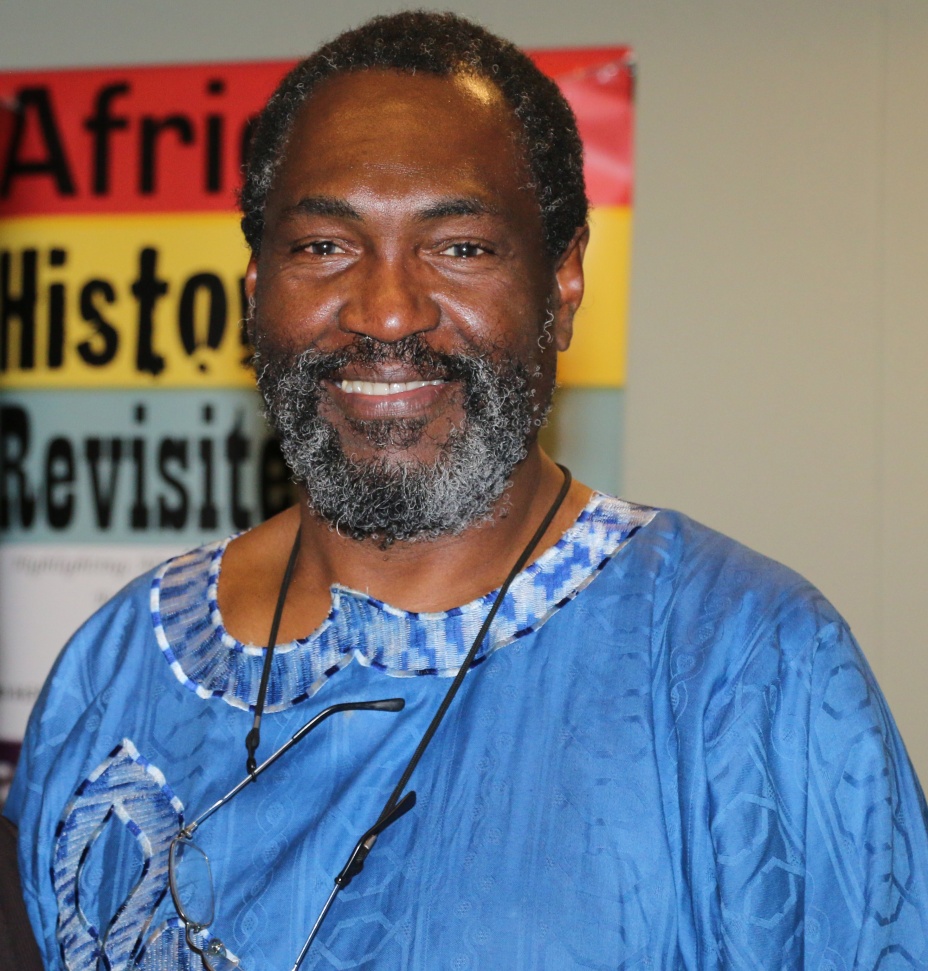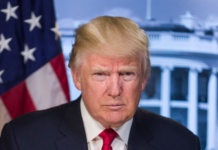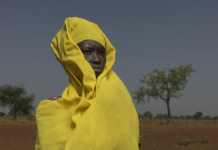By Kwaku – This year, Ghana is inviting the global African diaspora to visit. And it has a varied, year-long The Year Of Return (TYOR) programme to attract returnees. This includes business and history conferences, music concerts, paragliding, visits to heritage sites, arts festivals, including the biennial Panafest (Pan African Historical Festival), and a carnival.

The idea for TYOR came about as a consequence of the United States Congress having passed the H.R. 1242 – 400 Years Of African-American Experience Act. This Act established the 400 Years Of African-American History Commission to organise activities throughout the United States to commemorate the 400th anniversary of the first documented arrival of Africans in present day United States.
It must be noted that the status of the handful of Africans who landed in the English colony of Virginia in 1619 is still being debated as to whether they were indentured or enslaved workers. Because at the time chattel enslavement had not yet been instituted in north America.

Anyway, the importance of the Act giving some legal backing to the 400th anniversary of the first Africans in the United States, was reason enough for Ghana’s President Nana Akufo-Addo to launch TYOR in Washington DC, last autumn.
Within a few weeks an Ebony magazine retinue visited Ghana on a reconnaissance mission. Although the focus is overwhelmingly on the African-American market, TYOR is also meant to attract second generation Ghanaians and diasporan Africans. That message was brought to those in Britain at the #HostileEnvironment? Look To Africa! event held in London.
The event was organised by voluntary group BTWSC/African Histories Revisited in light of Britain’s on-going hostile environment immigration policy, and was a forum to explore the options of whether to stay in Britain, move to Africa or the Caribbean, or create better ties with back home.
Dr Jennifer Obaseki and Jacqui McKenzie provided legal information on immigration and resident status of people from African and Caribbean Commonwealth countries. Dr Adotey Bing explained how credit unions and co-operative business models could be used to enhance our economic base in the UK and back home. Onyekachi Wambu talked about AFFORD’s engagement across Africa and the importance of remittances. Dr Evelyn Mensah spoke about providing medical skills transfer in Ghana.
Akwasi Agyemang, CEO of Ghana Tourism Authority, the Ghanaian agency overseeing TYOR, provided some publicity literature. There were also video contributions from former London-based journalist and PR professional Akosua Annobil speaking on the challenges of relocating from the UK to Ghana. John and Safiyyah Christian, who videoblog on Youtube as the Native Borne Family, spoke about the challenges of relocating one’s family from the US to Ghana.
It’s important that TYOR organisers focus some attention on Britain, as it has a huge second-generation Ghanaian community. Indeed London-based Afrobeats star Fuse ODG opened TYOR with the TINA (This Is New Africa) Festival of talks and a concert. Also, among the African diaspora here is a sizeable number with Caribbean heritage, of which particularly those who follow Rastafarianism and pan-Africanism would find TYOR a good enough reason to visit Ghana.
As one of the aims of TYOR is to strengthen the bonds between Ghana and the African diaspora, Ghana’s special place within African-Caribbean revolutionary history could be highlighted.
Thankfully we have the Akan names, even if some have been corrupted, to remind us that some of the key revolutionary leaders during the chattel enslavement period in the Caribbean and South America came from present day Ghana.
Maroonage history abounds with Ghanaian people of Akan heritage who led several rebellions across the so-called New World. Such as the Coromantees and Akwamus. The latter were the leaders of the 1733/34 rebellions on what’s known today as St John in the United States Virgin Islands.
Jamaican Maroon leaders included the likes of Queen Nana (Nanny), and her ‘brothers’ Kojo (Cudjoe) and Kwaw (Quao). Akua (Cubah), also known as ‘Queen Of Kingston’ was both a healer and a leader. And Tackie (Tacky), planned what became known as the 1760 Tacky’s War, with comrades including Kwaw (Quaw) and Kwarteng (Quantee). Also, within the heartland of Jamaican Maroon territories were place names such as Cudjoe’s Town and Accompong, where various degrees of autonomy existed.
In Antigua, the leader of a supposed conspiracy to revolt in 1736, Kwaku Takyi better known as Prince Klaas, was killed along with dozens of his alleged co-conspirators. In the south American territory now known as Guyana, Kofi (Cuffy) led the rebellion of 1763, whilst Kwamena (Quamina) and his son, er, Jack Gladstone, led the 1823 rebellion.
Finally, nice as it is for Ghana to extend an invitation, it’s worth noting that diasporan Africans have been returning to Africa for centuries, particularly since the mid-19th century. For example, there were the Africans who took over the Amistad ship off the coast of Cuba, and returned to Sierra Leone after a protracted court case that was ultimately decided in 1841 by the US Supreme Court. And there was a steady flow of African returnees from Brazil to west Africa after the Malê Revolt of 1835. Their descendants form the Tabom people now spread across Ghana, Togo, Benin and Nigeria.
Kwaku is a London-based history consultant.
Kindly follow us on twitter:@AfricanVoice2








